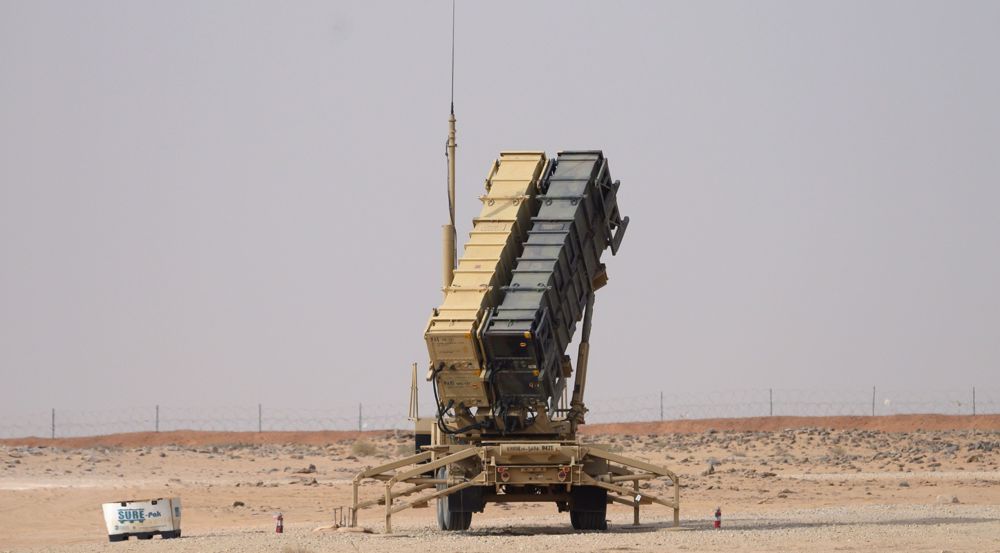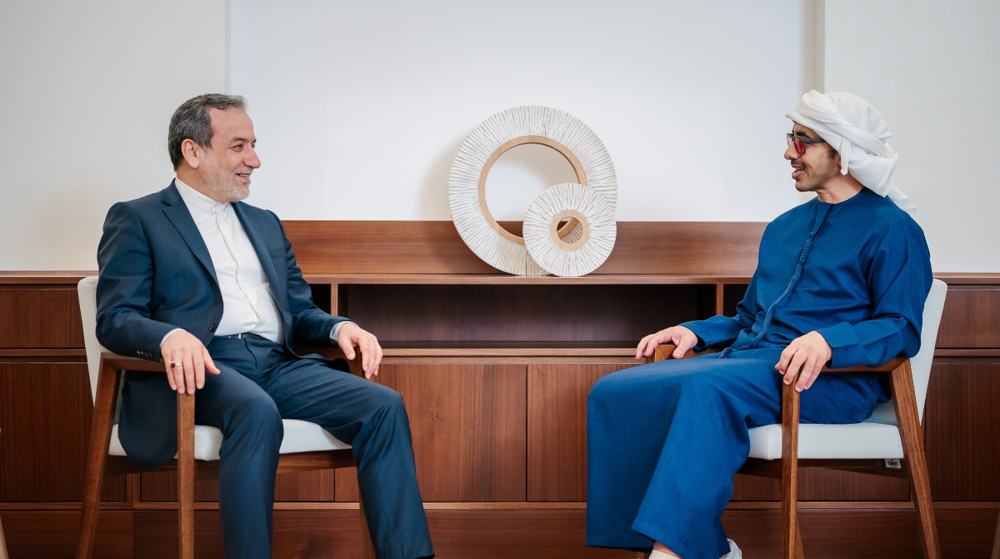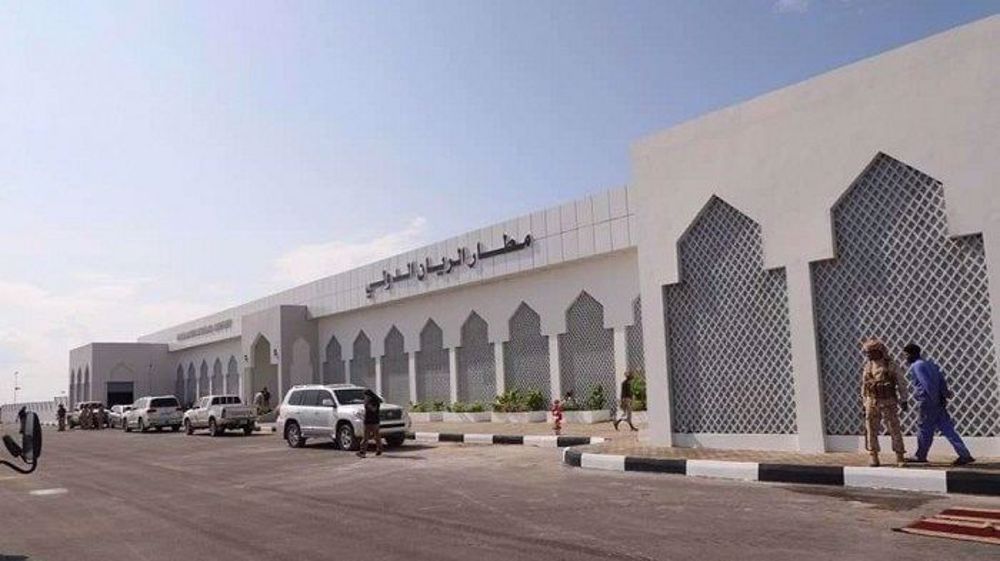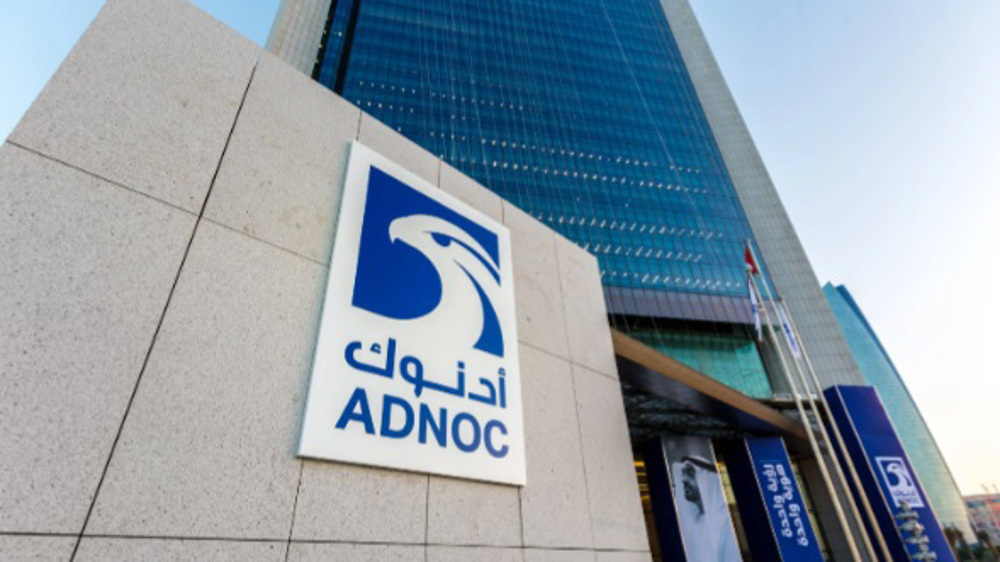US to sell Patriot missiles, bombs to Saudi Arabia, Kuwait
The US State Department has approved the sale of 84 interceptor missiles worth around $800 million to Kuwait in an attempt to improve the oil-rich country's Patriot air and missile defense system.
The Pentagon's Defense Security Cooperation Agency announced on Thursday that the missiles -- called the Patriot Advanced Capability (PAC-3) Missile Segment Enhancements (MSEs) -- would be supplied by arms manufacturing giant Lockheed Martin Corp.
It further said the State Department has also approved a $425 million sale for training and technical assistance from Lockheed Martin and US military defense contractor Raytheon.
These companies will also carry out a third contract valued at $200 million which would cover the repair of Kuwait’s existing Patriot system, the Pentagon added.
"The proposed sale will support the foreign policy and national security of the United States by helping to improve the security of a Major Non-NATO Ally that is an important force for political stability and economic progress in the Middle East," the US State Department said in a statement.
"The proposed sale of these articles and services will improve Kuwait's capability to meet current and future threats and provide greater security for its critical oil and natural gas infrastructure," it added, referring to last year’s Yemeni drone attacks on Saudi oil facilities.
The unprecedented attack knocked out more than half of Saudi crude output, or five percent of global supply, prompting Saudi and US officials to claim without any evidence that it probably originated from Iran.
Tehran categorically dismissed Washington’s claim of Iranian involvement in the Yemeni raids.
The United States has long been selling weapons to warring sides in various Middle East conflicts, often using Iranophobia and other fear tactics to promote its arms sales.
Trump administration seeks to sell more arms to Saudi Arabia
Meanwhile, US President Donald Trump’s administration is pursuing another arms sale to Saudi Arabia, a move that has drawn renewed objections from lawmakers in both parties who question Riyadh’s human rights record.
The State Department informally notified lawmakers in mid-January that it was planning to move forward with the sale of precision-guided munitions worth nearly $500 million to Saudi Arabia.
The department said it would also approve licenses to allow Raytheon to expand its manufacture of weapons in Saudi Arabia.
The top Democrats on the Senate and House foreign affairs committees have both withheld their support for the plan, effectively blocking it, but they fear State Department officials will push the sales through anyway.
On Wednesday, Senate Foreign Relations Committee ranking member Bob Menendez announced in an op-ed published by CNN that the Trump administration is pursuing a previously undisclosed arms sale to Saudi Arabia.
“Before we went into pandemic lockdown, I received draft State Department documentation that it is now pursuing this previously undisclosed sale — details of which have not yet been made public — even though the Saudis seemingly want out of their failed and brutal war in Yemen, and despite the fact that a bipartisan majority in Congress rejected previous sales of these weapons,” Menendez wrote.
“The administration has refused to answer our fundamental questions to justify this new sale and articulate how it would be consistent with US values and national security objectives.”
Last year, Menendez used his powers to block sales of precision-guided bombs to Saudi Arabia and the United Arab Emirates, fearing they would exacerbate the humanitarian crisis in Yemen.
Washington has formally approved weapons sales to the kingdom totaling more than $1 billion despite growing pressure from rights groups to halt arms deals with Riyadh, which is waging a brutal war on Yemen.
“I have strong concerns about sending weapons to Saudi Arabia that could be used to kill civilians in Yemen or perpetrate human rights abuses, and I’ve tried to block those sales from going forward,” Representative Eliot Engel of New York, the chairman of the Foreign Affairs Committee, has said.
Saudi Arabia and a number of its regional allies launched the devastating war on Yemen in March 2015 in order to reinstate Yemen's former president, Abd Rabbuh Mansur Hadi, and crush the popular Houthi Ansarullah movement.
The US-based Armed Conflict Location and Event Data Project (ACLED), a nonprofit conflict-research organization, estimates that the war has claimed more than 100,000 lives over the past five years.
The Riyadh regime has been frantically signing military deals with the US, Britain and many other European countries since it began the ongoing war against Yemen.
The extravagant spending has put a strain on Saudi Arabia’s economy by driving up its military spending to beyond $60 billion a year, much higher than what Russia and the UK are spending.
Resistance groups announce volunteer recruitment to defend Iran
Indians rally to condemn Trump's threats against Ayatollah Khamenei
VIDEO | Iran will devastate Israel if it cuts loose
Sunni MPs condemn Trump’s insult, affirm support for Iran’s Leader
1,000 strategic drones officially join combat units of Iranian Army
VIDEO | Germany, not just merely an economic recession
Discover Iran: Hormozgan, home to the last lenj boatbuilders of Persian Gulf
VIDEO | Condition of Gaza hospitals at the beginning of phase two recovery












 This makes it easy to access the Press TV website
This makes it easy to access the Press TV website